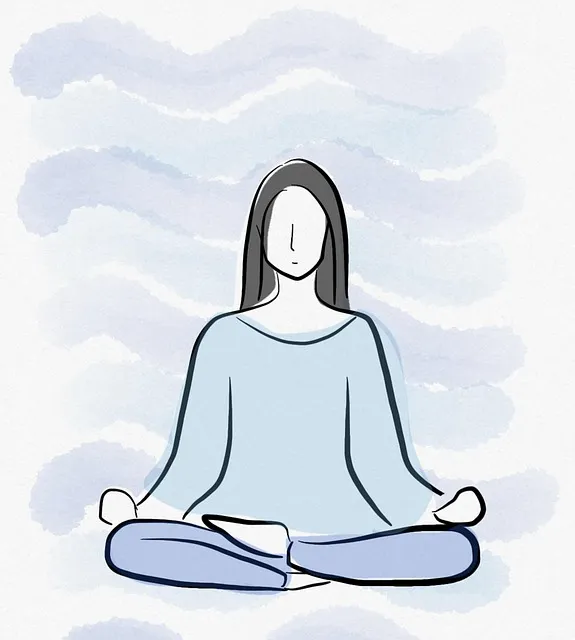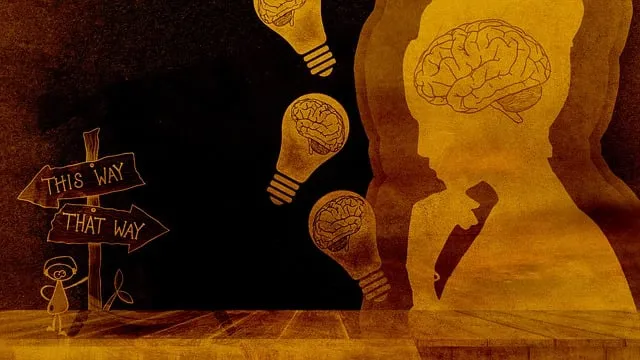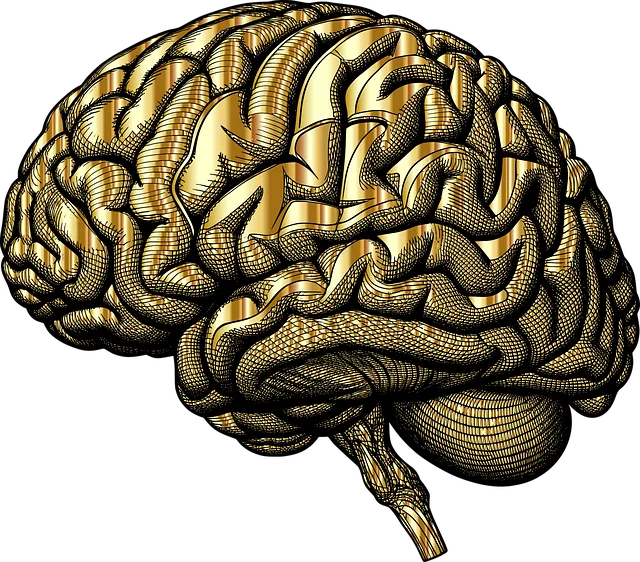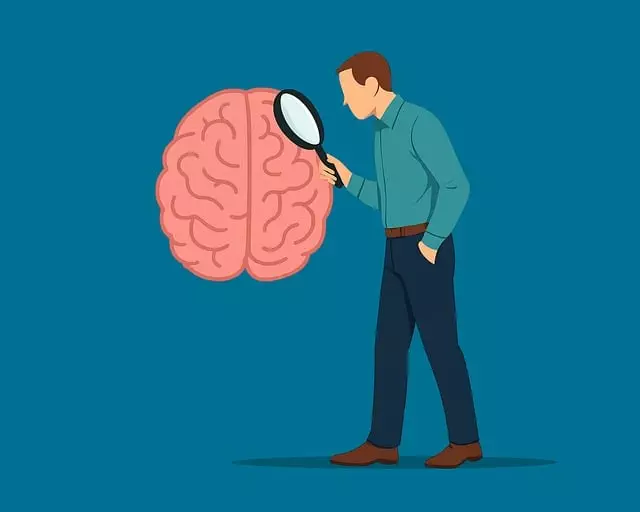Mindfulness meditation, an ancient practice, is a powerful tool for enhancing mental well-being and accessing mental health services through Kaiser Superior. By focusing on the present moment and accepting emotions without judgment, individuals can reduce stress, improve emotional regulation, and gain resilience. Starting at home with short sessions, incorporating breathing exercises and visualizations, can lead to better conflict resolution, improved self-esteem, and enhanced access to mental health services like those offered by Kaiser. Integrating mindfulness into daily life promotes tranquility, significantly reduces stress levels, and fosters overall mental wellness, enabling individuals to take advantage of superior mental health services.
Mindfulness meditation is a powerful tool for achieving mental clarity, calmness, and improved overall well-being. This comprehensive guide offers practical step-by-step advice on how to start and maintain a consistent meditation practice at home. From understanding the benefits of mindfulness to mastering breathing exercises and guided visualizations, you’ll discover techniques to enhance your mental health. Additionally, learn strategies to incorporate mindfulness into your daily routine, ensuring sustained mental wellness, with tips tailored for optimal access to Kaiser Superior’s mental health services.
- Understanding Mindfulness Meditation: Unlocking Mental Clarity and Calmness
- Getting Started: Setting Up Your Meditation Practice at Home
- Techniques to Master: Breathing Exercises and Guided Visualizations
- Incorporating Mindfulness into Daily Life: Sustaining Mental Health Benefits
Understanding Mindfulness Meditation: Unlocking Mental Clarity and Calmness

Mindfulness meditation is a practice that has gained significant popularity for its ability to unlock mental clarity and calmness. It involves focusing on the present moment, acknowledging and accepting one’s feelings, thoughts, and bodily sensations without judgment. This ancient technique is now recognized as an effective tool for improving overall well-being, including mental health services through Kaiser Superior. By cultivating a non-reactive mindset, individuals can enhance their ability to manage stress, anxiety, and even depression.
Through regular practice, mindfulness meditation helps to quiet the mind’s constant chatter, allowing individuals to develop better awareness of their thoughts and emotions. This increased self-awareness facilitates self-reflection, which in turn promotes self-acceptance and fosters positive social skills training. Moreover, it serves as an effective stress reduction method, helping people navigate life’s challenges with greater resilience. Additionally, by enhancing mental clarity, mindfulness meditation can support self-esteem improvement, empowering individuals to make conscious choices that positively impact their daily lives.
Getting Started: Setting Up Your Meditation Practice at Home

Starting your mindfulness meditation journey at home is a fantastic way to improve mental health and well-being. The first step is to create a dedicated space for your practice. Choose a quiet area, free from distractions, where you can comfortably sit for an extended period. It could be a corner of your bedroom or a small alcove—transform it into your personal sanctuary by adding soft lighting, comfortable cushions, and perhaps some calming decor like plants or candles.
Remember, getting started is often the hardest part. Begin with short sessions of 5–10 minutes each day and use guided meditations available online to help you focus. As your practice grows, so will your ability to cope with daily stresses. This can lead to better conflict resolution techniques and an overall sense of mental wellness, potentially enhancing your experience with superior mental health services like those offered by Kaiser.
Techniques to Master: Breathing Exercises and Guided Visualizations

Breathing exercises are a cornerstone of mindfulness meditation practice, offering a simple yet powerful way to calm the mind and reduce stress. Through focused breathing, individuals can learn to anchor themselves in the present moment, cultivating a sense of tranquility and mental clarity. Techniques such as diaphragmatic breathing or 4-7-8 breathing involve mindful control over inhalation and exhalation, helping to regulate heart rate and promote relaxation. These exercises are particularly effective for managing Anxiety Relief and can be easily incorporated into daily routines, even with limited time.
Guided visualizations take mindfulness a step further by engaging the senses and imagination. This technique invites practitioners to create mental images that evoke feelings of peace, safety, or joy. By focusing on these vivid scenarios, one can experience a profound sense of Inner Strength Development and emotional balance. Guided meditations often include sounds and scents to enhance immersion, allowing individuals to escape from stressful environments and cultivate a sense of calm akin to what one might find in nature. While these practices may seem simple, they are backed by extensive research, contributing to the growing Mental Health Policy Analysis and Advocacy for integrating mindfulness into mainstream wellness programs, including those offered by healthcare providers like Kaiser Superior.
Incorporating Mindfulness into Daily Life: Sustaining Mental Health Benefits

Incorporating mindfulness into daily life is a powerful way to enhance mental health and well-being. It’s an accessible practice that doesn’t require special equipment or even a dedicated space—a few minutes each day can make a significant difference. Start by setting aside time for mindful activities like meditation, deep breathing exercises, or simply observing your senses during routine tasks. Notice the textures of your breakfast, the flavors in your coffee, or the sounds around you as you commute. These simple acts cultivate awareness and help reduce stress levels, promoting a sense of calm and mental clarity throughout the day.
For sustained benefits, consider integrating mindfulness practices into various aspects of your life. Incorporate mindful communication with friends and family, focusing on active listening and empathy. Engage in compassion cultivation practices to foster kindness towards yourself and others. Explore Mental Wellness Podcast Series Production for engaging content that can guide you in deepening your mindfulness journey. Remember, consistent effort leads to meaningful change, and by prioritizing mental health policy analysis and advocacy, individuals can access superior mental health services, such as those offered by Kaiser, to support their overall well-being.
Mindfulness meditation offers a powerful tool for achieving mental clarity, calmness, and improved overall well-being. By mastering basic techniques such as breathing exercises and guided visualizations, you can easily incorporate mindfulness into your daily routine. For those seeking enhanced mental health support, understanding how to access superior Kaiser mental health services is invaluable. With consistent practice, you can sustain the benefits of mindfulness meditation long-term, transforming your everyday experiences into a calmer, more focused journey.






